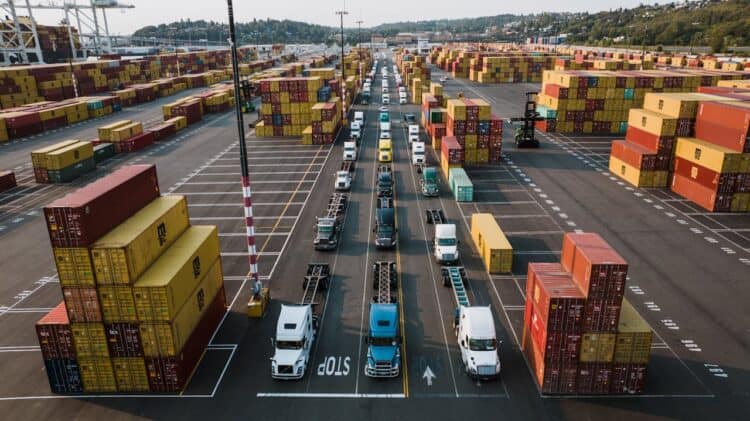The landscape of global value chains is undergoing a significant transformation, particularly in Singapore and across Asia. Recent geopolitical tensions, evolving sustainability mandates, and the rapid integration of advanced technologies such as artificial intelligence (AI) are reshaping how organisations approach their supply chain strategies. The World Economic Forum's report, Beyond Cost: Country Readiness for Manufacturing and Supply Chains, highlights the need for countries to demonstrate readiness in various factors influencing investment attractiveness, making this a particularly relevant framework for understanding current trends.
One of the foremost trends affecting supply chains is the shift from a purely cost-based decision-making model to a more nuanced approach that considers a country’s broader readiness. Singapore, with its strategic location and robust infrastructure, is well-positioned to capitalise on this change. However, as outlined in the WEF report, it must continue to enhance its capabilities in areas such as sustainability, technology adoption, and labour skills to maintain its competitive edge. The emphasis on regionalisation is evident, with many firms prioritising sourcing from multiple regions to mitigate risks associated with global disruptions.
Challenges abound in this evolving landscape. The increasing complexity of supply chains, exacerbated by global conflicts and environmental concerns, necessitates that organisations adopt more resilient and sustainable practices. For example, the need for transparency and traceability in supply chains is becoming paramount, particularly in industries such as food and pharmaceuticals. The WEF report suggests that countries like Singapore can address these challenges through public-private partnerships and initiatives aimed at enhancing both digital capabilities and sustainable practices.
Opportunities also present themselves as organisations adapt to these shifts. The integration of AI and other advanced technologies into supply chains can enhance efficiency and responsiveness. Singapore’s commitment to becoming a technological hub positions it as an attractive locale for companies looking to innovate. Furthermore, the government’s proactive policies focusing on sustainability align well with the WEF’s readiness factors, helping to attract investment from firms eager to meet global environmental targets.
The report concludes that the transformation of supply chains in Singapore and Asia is driven by the interplay of various factors, including geopolitical dynamics, sustainability imperatives, and technological advancements. The insights from the WEF report emphasise that while challenges exist, the opportunities for enhancing resilience and competitiveness are significant. By focusing on readiness factors that extend beyond cost, Singapore can solidify its status as a leading destination for manufacturing and supply chain operations in the evolving global landscape.



